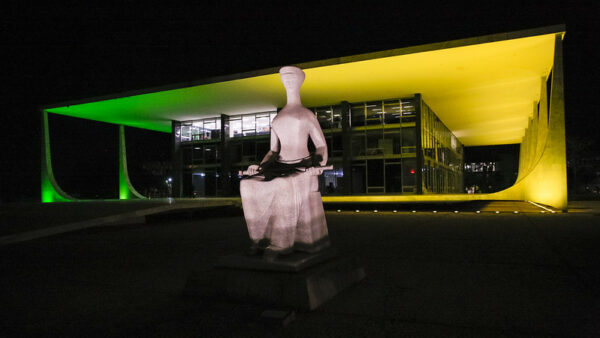The pre-trial detention of Pedro Castillo, who was deposed as president of Peru last year after attempting a self-coup, has been extended to 36 months, a Supreme Court justice ruled yesterday.
Mr. Castillo is under investigation for leading a criminal organization that allegedly carried out an influence-peddling scheme during his time in office, colluding to grant favors to allies in areas ranging from the state-owned firm Petroperú to several cabinet ministries. The former president denies any wrongdoing.
“Where is the criminal organization? I am currently in jail due to media pressure. I am sure that [Prime Minister Alberto] Otálora is writing the draft of the resolution against me, but I have a clear conscience, I did not steal a single penny from my country,” Mr. Castillo said the day before the court ruling.
The court also ruled against former Transportation Minister Juan Silva, currently a fugitive, and asked the National Police and Interpol to issue an international arrest warrant against him. However, justices rejected a prosecutor’s request to also arrest former Housing Minister Geiner Alvarado, who, unlike Mr. Castillo, was not considered a flight risk.
This is not the only charge against the former president, who was also handed an 18-month sentence last year for his role in a failed coup. He attempted to close Congress by decree, which led to his impeachment and arrest.
Mr. Castillo is currently serving his sentence in the special Barbadillo Penitentiary in the district of Ate. There, he shares space with far-right former President Alberto Fujimori, whose own attempted self-coup in the 1990s famously succeeded thanks to the support of the Peruvian military, which Mr. Castillo lacked.
Mr. Castillo’s ouster and arrest have led to protests across the country, backed by his political base in rural Peru but also reaching the capital Lima, where his support is significantly lower. Authorities have brutally repressed protesters, leading to dozens of deaths and international appeals from human rights organizations.


 Search
Search










































